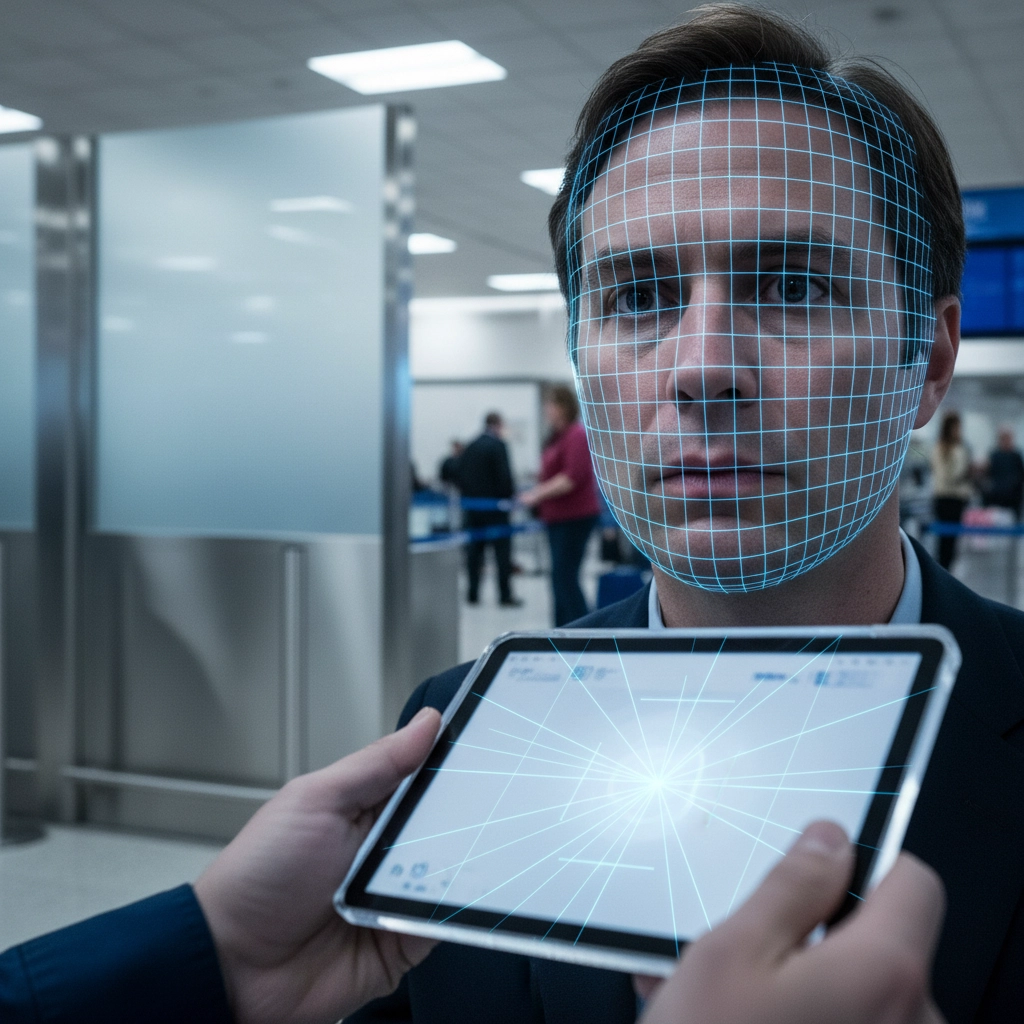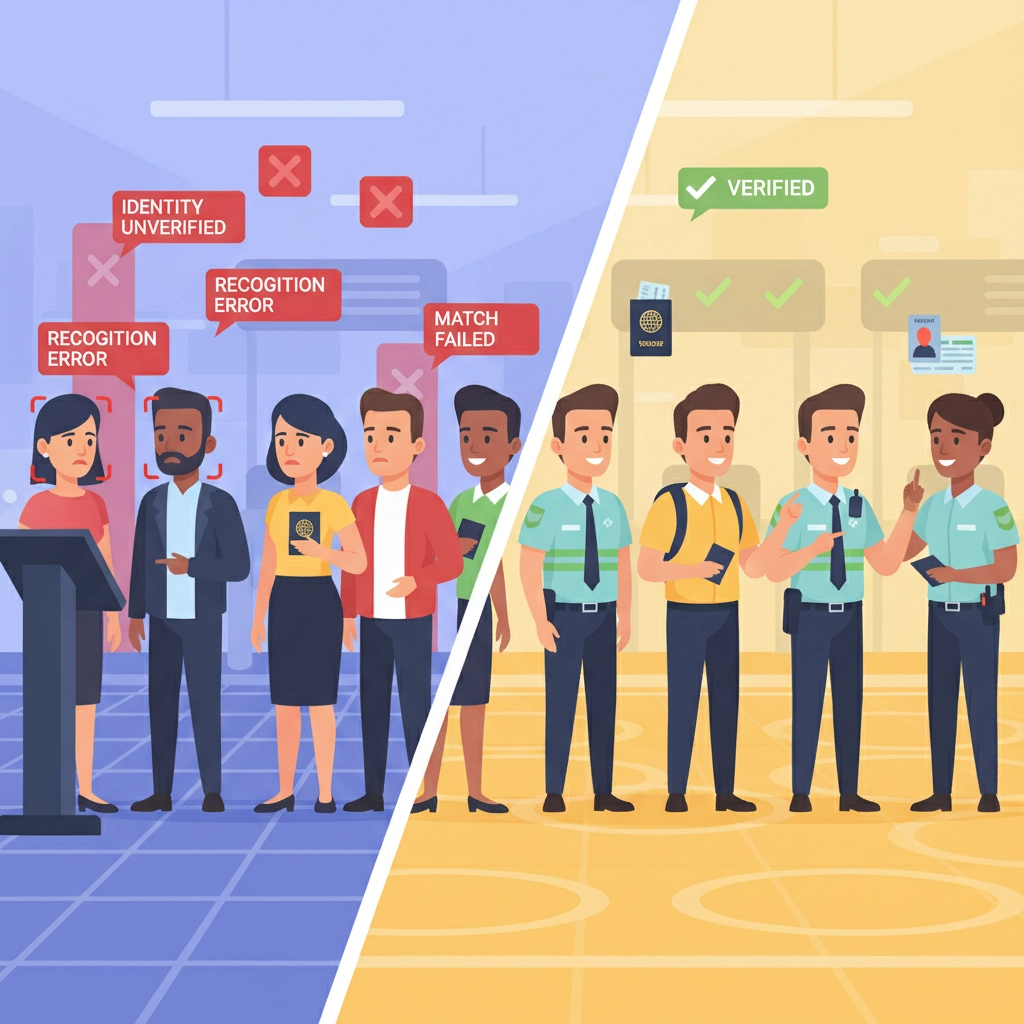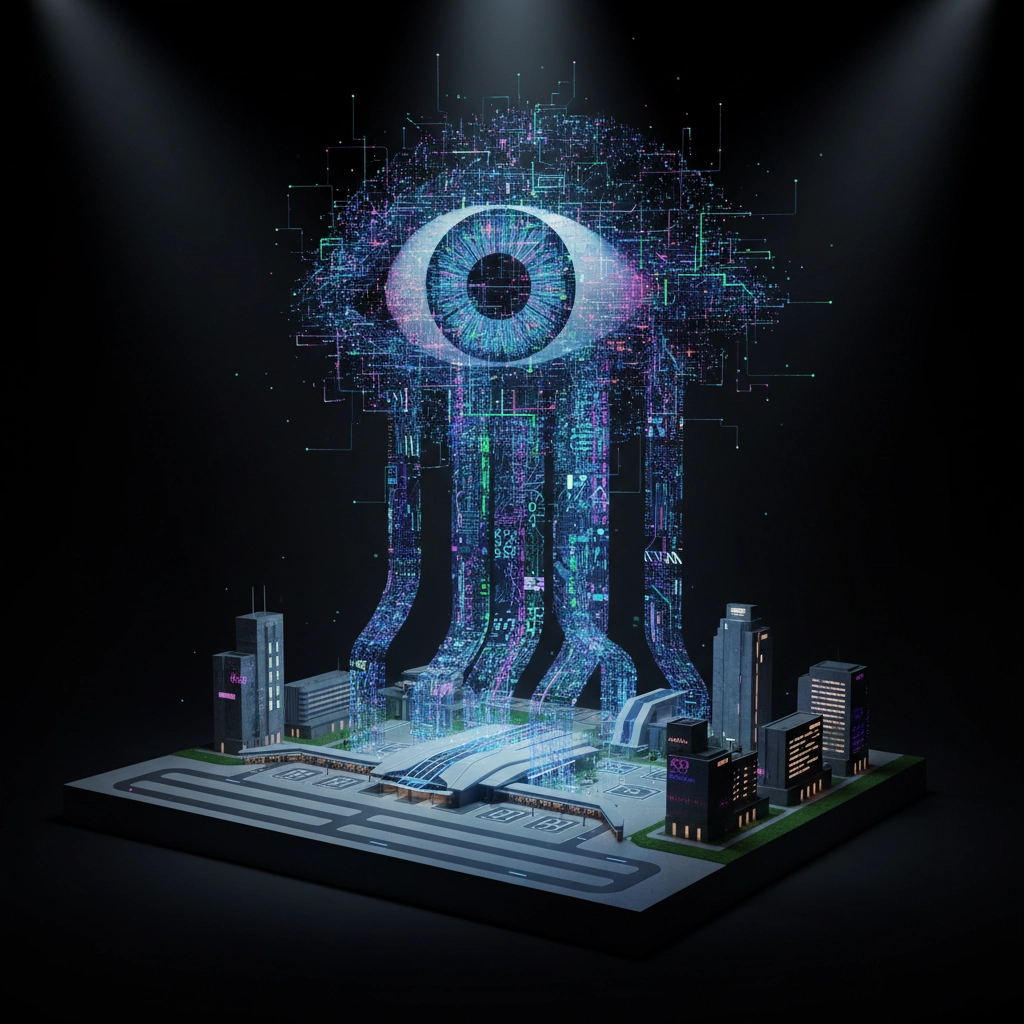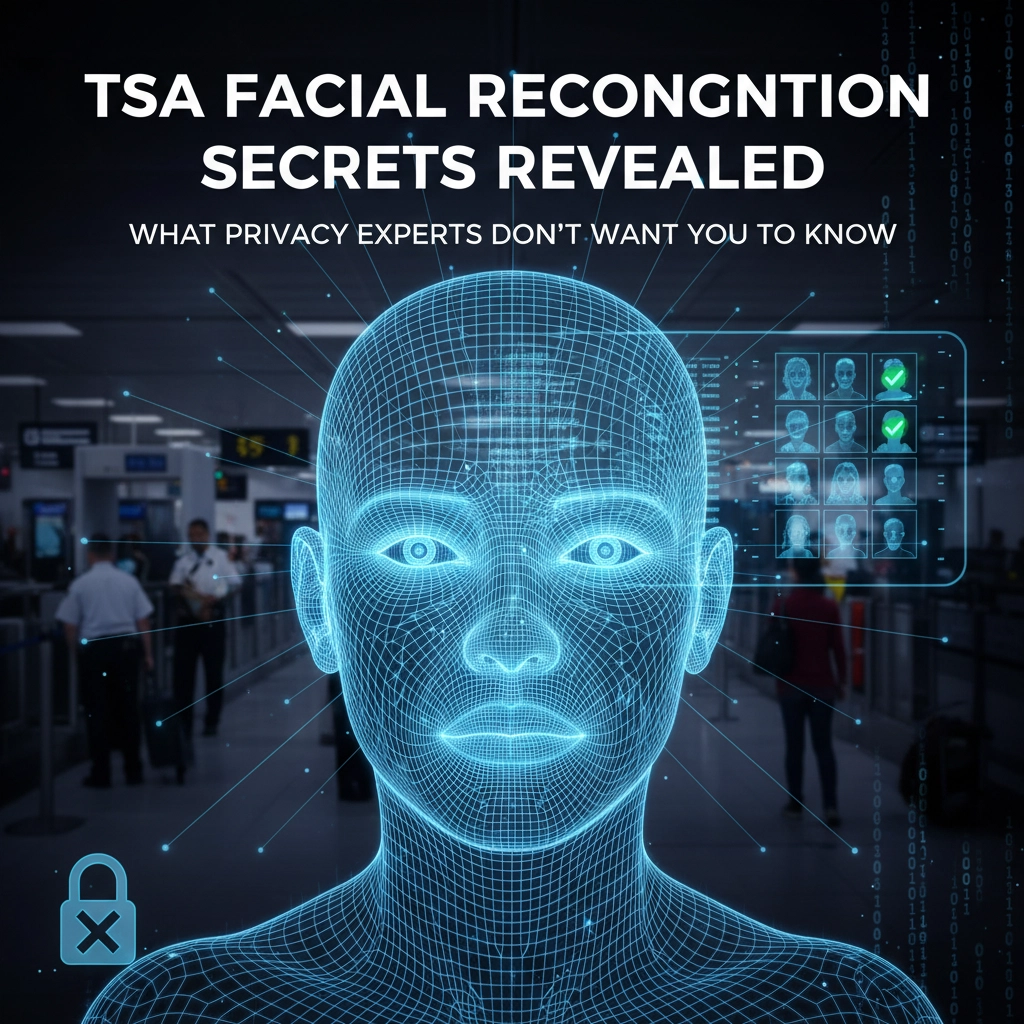Wait, let's get one thing straight right off the bat. Privacy experts aren't actually hiding TSA facial recognition secrets from you – they're screaming them from the rooftops. The problem? Nobody's listening.
While you're rushing through airport security, worried about making your flight, TSA has quietly rolled out facial recognition technology to 84 airports across the country. And here's what's wild: most travelers think they have to participate. Spoiler alert – you don't.
The Opt-Out That Nobody Talks About
Here's something that'll blow your mind. You can literally walk up to any TSA agent using facial recognition and say "I don't want to do that" – and they have to let you through using the old-school ID check method. No penalties, no extra scrutiny, no hassle.
Travis LeBlanc, a former Privacy and Civil Liberties Oversight Board member, puts it simply: "You don't have to submit your picture to the government, for the government to scan it and store it under their rules."

But here's the catch – TSA doesn't exactly advertise this option. They've designed the whole process to feel mandatory. You walk up, they point a camera at you, and boom – your face is in their system. Most people just assume they have no choice.
The Government Accountability Office actually called TSA out on this in 2023, saying the agency failed to properly inform travelers about their rights. That's government-speak for "they're basically tricking people into giving up their biometric data."
Your Face Isn't Just Another Password
Remember when your biggest worry was someone stealing your credit card number? At least you could cancel that card and get a new one. But your face? That's permanent.
Privacy experts keep hammering this point because it's crucial: biometric data is forever. If someone hacks a database containing your facial scan, you can't exactly get a face transplant.
Here's what makes it even more concerning – your facial recognition data doesn't just stay with TSA. During testing phases, they share it with other Department of Homeland Security agencies. That includes Customs and Border Protection, and potentially law enforcement when they decide it's "operationally necessary."
Sarah's story illustrates this perfectly. She's a frequent business traveler who went through facial recognition hundreds of times thinking it was required. When she learned she could opt out, she felt deceived. "I never consented to having my face stored in some government database that could be shared with who knows what agencies," she said.
The Technology Isn't as Smart as They Want You to Think
Here's another "secret" that privacy experts are desperately trying to publicize – the facial recognition technology is seriously flawed, especially for people of color.
Independent audits have found significant accuracy problems that disproportionately affect certain demographic groups. This isn't just a privacy issue – it's potentially creating discriminatory security screening processes.
Think about what happens when the system can't accurately identify someone:
- Additional scrutiny from TSA agents
- Longer wait times
- More invasive secondary screening procedures
- Increased stress and embarrassment

The Privacy and Civil Liberties Oversight Board has documented these accuracy issues and recommended that TSA's facial recognition program remain completely voluntary for all passengers. But guess what? Most travelers still don't know they have a choice.
The Data Storage Shell Game
TSA loves to say they don't "permanently store" your photos. Technically true, but that's where the shell game begins.
Here's what actually happens to your facial scan:
- Live photos are supposed to be deleted within 24 hours (or after your scheduled departure for TSA PreCheck users)
- During testing and partnerships, images are transmitted and stored longer
- Your data can be shared with other government agencies
- Even "temporary" storage creates opportunities for misuse or breaches
The system's architecture is designed to make expansion easy. Today it's just identity verification. Tomorrow? Who knows what other purposes it could serve.
Why Your Participation Matters More Than You Think
Saira Hussain from the Electronic Frontier Foundation revealed something interesting about passenger participation rates. When fewer people participate in facial recognition, it forces TSA to question whether these programs are actually effective.
But when everyone just goes along with it? TSA interprets that as a green light to "keep instituting more and more invasive techniques."

This means every time you opt out, you're not just protecting your own privacy – you're potentially slowing down the expansion of government surveillance that affects all travelers.
What the Oversight Board Actually Recommends
The Privacy and Civil Liberties Oversight Board issued comprehensive recommendations in 2024 that most people never heard about:
- Keep facial recognition completely voluntary for all passengers
- Don't retain photos longer than absolutely necessary for matching
- Perform privacy operations locally on devices when possible
- Conduct regular audits and make results public
- Ensure passengers are properly informed about their rights
These aren't radical demands – they're basic privacy protections that should've been built in from day one.
The Simple Act of Saying No
Here's the thing that gets privacy experts most frustrated – exercising your right to refuse is incredibly simple, but almost nobody does it.
You literally just say to the TSA agent: "I'd prefer not to participate in facial recognition." That's it. They'll check your ID the traditional way, and you'll go through security exactly like you did for decades before this technology existed.
No drama, no complications, no being flagged as "difficult." It's your right, and TSA's own policies require them to respect it.
But somehow, in our rush to get through security and catch flights, we've all become participants in a massive biometric data collection program that we never actually consented to join.
The real question isn't what privacy experts don't want you to know – it's why more travelers aren't using the information these experts are desperately trying to share.
So next time you're at airport security and see that facial recognition camera, ask yourself: are you okay with adding your face to a government database, or would you rather stick with showing your ID like you've always done? The choice is yours – assuming you know you have one.







